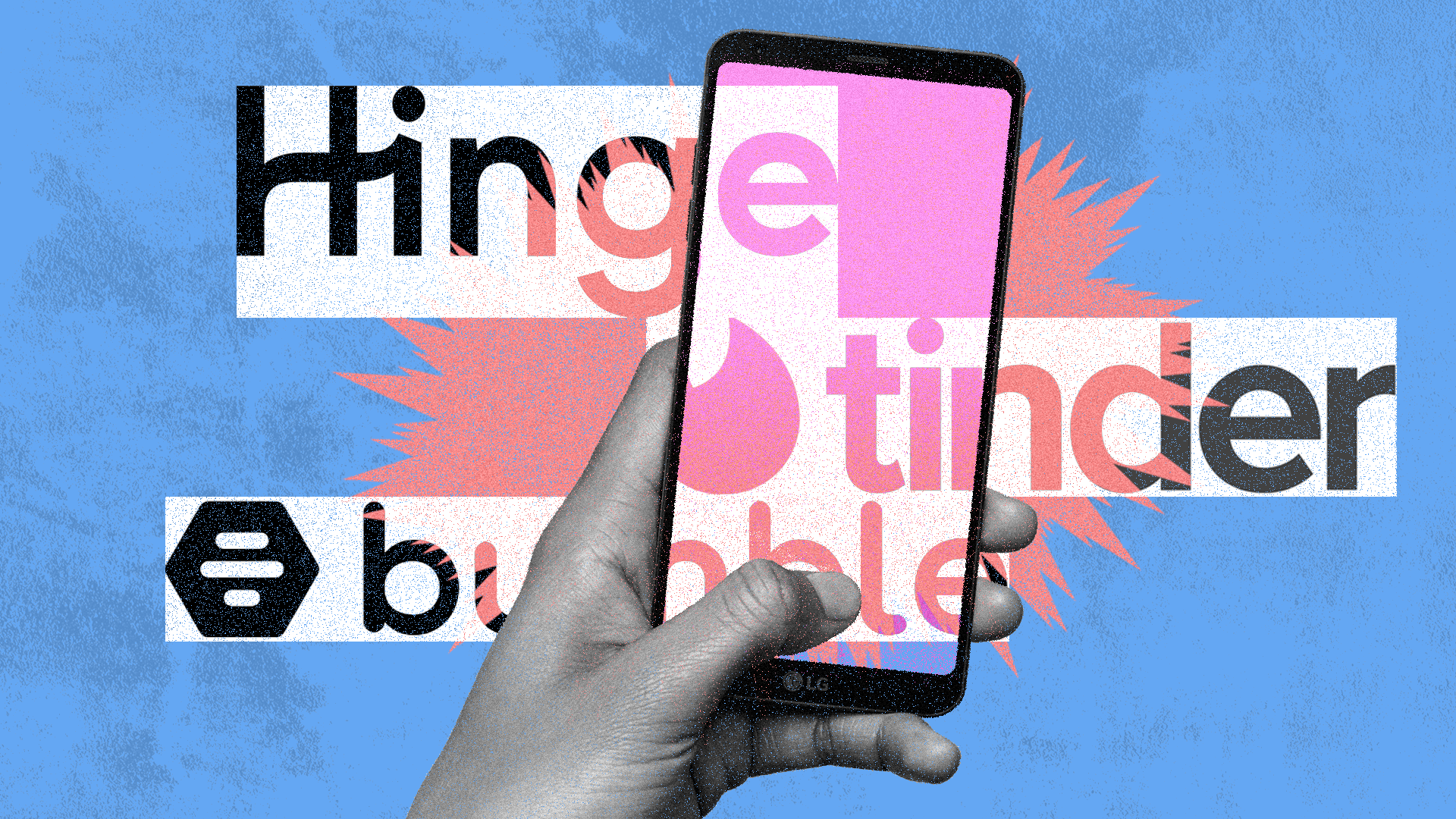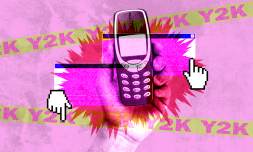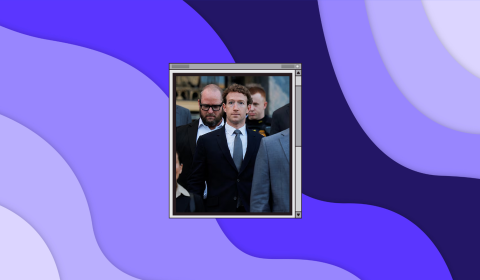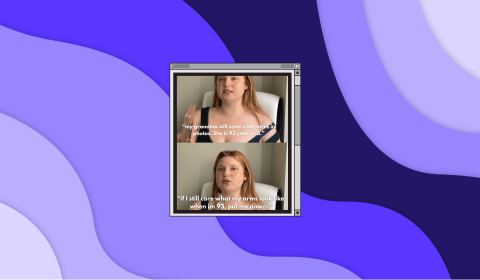The big dating apps like Tinder, Bumble and Hinge are trying to reinvent themselves in order to keep Gen Z audiences engaged. Why are young people ditching the apps?
![]()
Nearly every Gen Zer has a story about dating apps, unless you’re one of the lucky few who’ve never had an extended period of being chronically single.
Ghosting, rejection, confusion, wrong matches with odd people, it’s all waiting for you on Hinge, Tinder, Bumble, and other platforms that promise connection but often leave customers frustrated. Dating apps are difficult at the best of times, and have an odd business model that largely relies on user dissatisfaction in order to guarantee longevity profitability wise.
Years of struggle may be having an effect on the enthusiasm of Gen Z daters, however.
According to an article by New York Magazine, opinions on dating apps have begun to turn from general acceptance to an active dislike. A ton of platforms have made an absolute stack of cash profiting off the innate human desire to connect with others and have meaningful relationships. Those who aren’t doing well on them are likely to feel frustrated.
In fact, dating apps have massively permeated the dating scene and are now the standard, rather than an exception to the rule. Gen Z in particular can’t remember a time where potential couples met without the use of the internet, which could explain some of the recent resurgence in ‘real life’ activities such as speed dating that market themselves as an ‘off-the-grid’ experience free from algorithms.
To combat this growing disillusionment, dating apps are increasingly adding new features. AI tools, real-time feedback on prompts and profile photos, a greater focus on friendship and connection – all these updates are attempts to broaden the narrative surrounding apps and make them more wholly positive experiences.
Still, it shouldn’t really be too surprising that Gen Z aren’t loving apps, particularly the big ones. These platforms have turned the once-abstract nature of meeting a partner into a rhythmic grind, making the search for a new relationship more akin to a job application than an activity done for fun or leisure.
Keep in mind too that Gen Z live in a saturated world of digital messaging, social media, instant gratification and constant recommendations for the next great thing. Whether it’s music tailored to your tastes on Spotify or influencers being pushed onto your feed via Instagram, young people are accustomed to having their needs met immediately. Dating doesn’t work like that, and it’s odd to consider that apps have fundamentally reinvented the means in which humans meet one another.
As mentioned, apathy toward endless swiping and poor matches is driving a surge in real events, where strangers meet in person rather than on their phones. It is indicative of a saturated market where many of Gen Z feel tired of feeds. Dating apps are struggling to hit the mark for young people – and it doesn’t look likely to change soon.
See also:




















